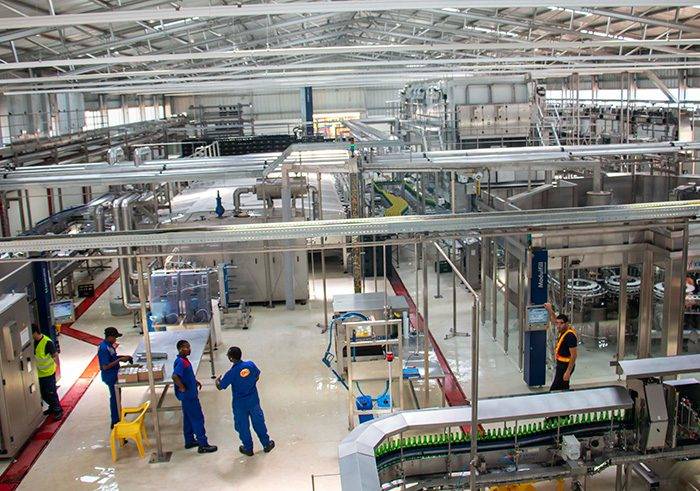Rwandan Brewers Using Local Materials To Make Beer, Wine Will Benefit In New Government Move

Rwanda has introduced tax breaks for alcohol brewed from locally sourced raw material, members of the Chamber of Deputies on Wednesday approved the government’s proposal to reduce consumption tax on locally produced alcoholic beverages.
Once published in the official gazette, the excise duty for beers and wines whose local raw material content, excluding water, is at least 70 percent by weight of its constituents will be halved by 60 percent to 30 percent.
The current consumption tax law puts the excise tax rate for beers at 60 percent and wines at 70 percent, these rates will remain unchanged for alcohol beverages brewed using imported raw materials.
According to the Finance Minister, Uzziel Ndagijimana, the move is part of the government’s policy to promote domestic investment and reduce imports.
“It will help spur domestic investment by giving Rwandan farmers a market,” he said adding that major brewers in the country, like SKOLand Bralirwa will also leverage on agricultural products to increase their productivity.
“If this is done, it means they could buy a lot of raw materials from local farmers and this may promote agriculture because they may use a lot of locally-produced agricultural products for their raw materials,” he said.
Additionally, the new move is expected to improve the country’s revenue as it will cut down the country’s import bills and increase the fortunes of farmers within the country.
“Cereal farmers, may get market for their produce in the future as a result of this law because factories may start using cereal products from Rwanda,” he said.
Featured Image Courtesy: The New Times